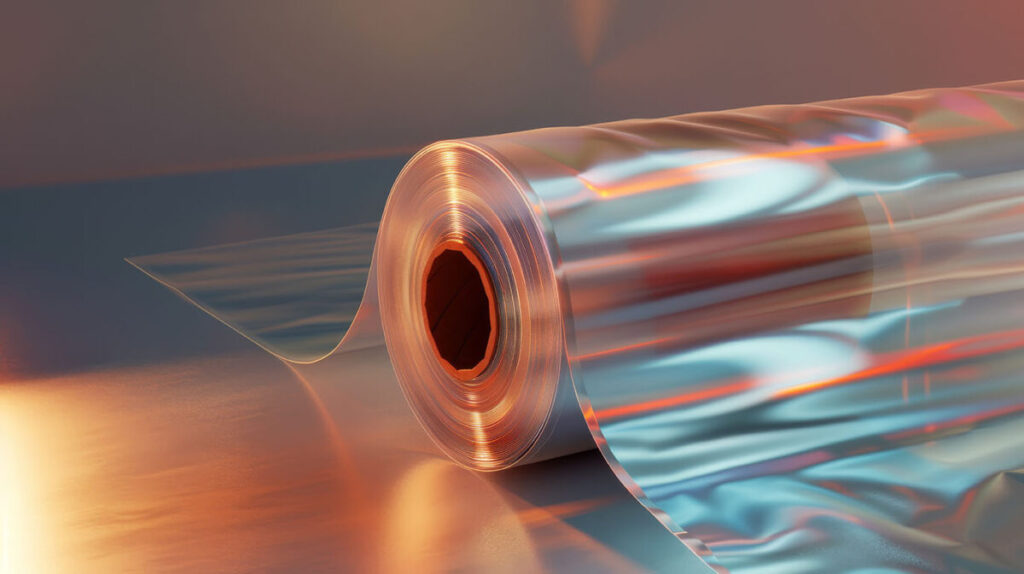In an era defined by innovation and sustainability, advanced plastic films have emerged as silent yet indispensable heroes, shaping industries and enhancing everyday life across the globe. These films, engineered with precision and cutting-edge technology, offer a blend of functionality, durability, and environmental consciousness that is redefining modern manufacturing and packaging standards.
At the heart of their appeal lies an extraordinary combination of properties. These films are designed to be incredibly lightweight, reducing transportation costs and carbon footprints without compromising strength. Their flexibility allows for seamless adaptation to various shapes and sizes, making them ideal for an array of applications, from wrapping delicate electronics to preserving the freshness of perishable goods. Moreover, they possess excellent barrier properties, safeguarding contents from moisture, oxygen, and contaminants, thereby extending shelf life and maintaining product integrity.
In the packaging industry, these films have become the cornerstone of efficient and eco-friendly solutions. They enable the creation of sleek, transparent packages that showcase products while providing robust protection. For the food and beverage sector, their ability to maintain product quality and safety is crucial. By preventing spoilage and contamination, they not only reduce food waste but also ensure that consumers receive products in optimal condition.

Beyond packaging, these films play a vital role in manufacturing. In the construction industry, they are used for insulation and weatherproofing, enhancing the energy efficiency and durability of buildings. In agriculture, they contribute to improved crop yields by protecting plants from harsh weather conditions and pests. Their versatility also extends to the medical field, where they are used in sterile packaging for medical devices, ensuring hygiene and safety.
As the world increasingly prioritizes sustainability, the development of these plastic films has taken a significant leap forward. Manufacturers are now focusing on creating films from recycled materials and developing biodegradable and compostable alternatives. These advancements not only address environmental concerns but also open up new opportunities for businesses looking to meet the growing demand for eco-friendly products.
In conclusion, advanced plastic films are more than just materials; they are a testament to human ingenuity and the drive for continuous improvement. As technology evolves, so too will these films, offering even more innovative solutions for a sustainable future.


